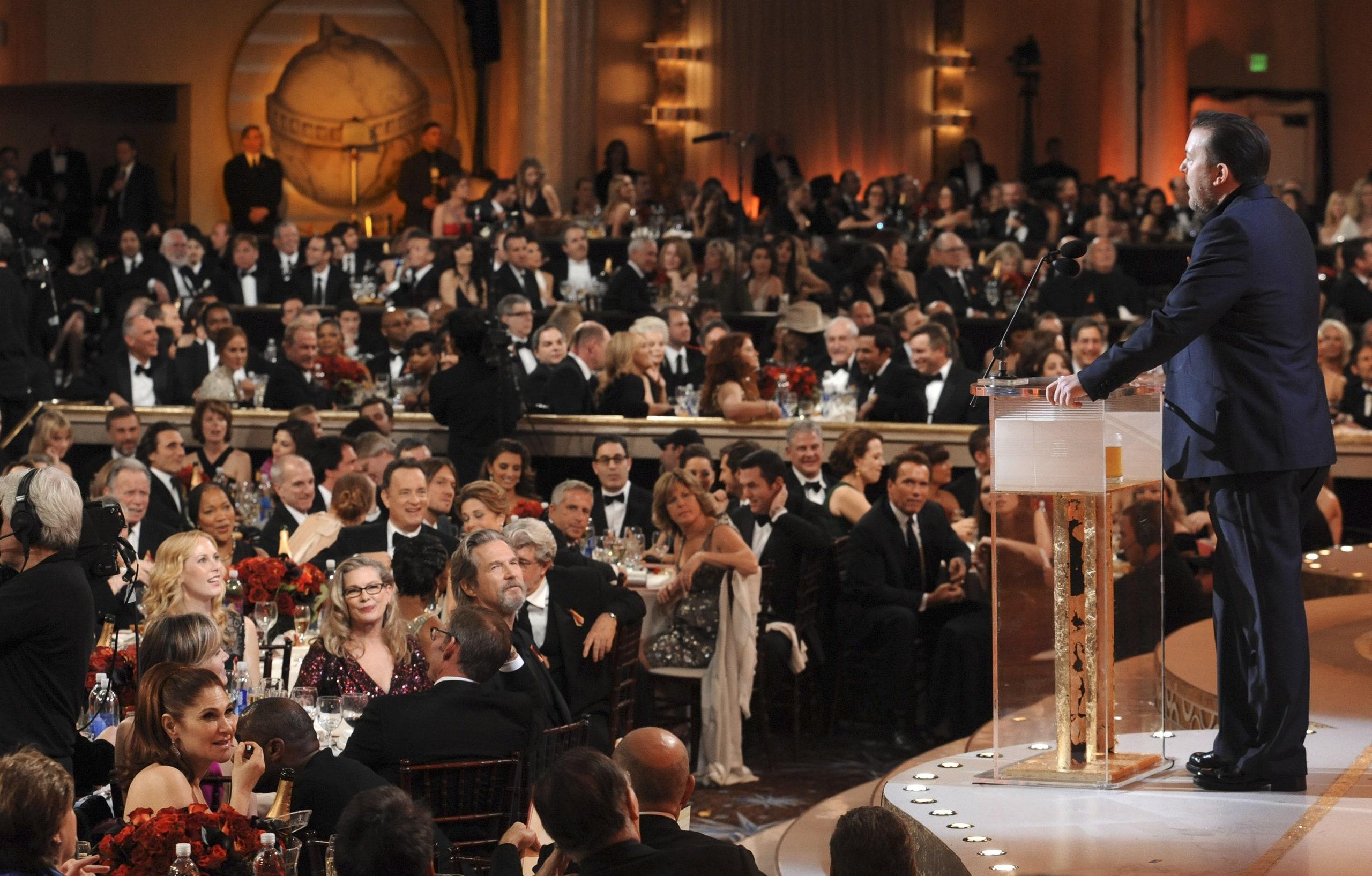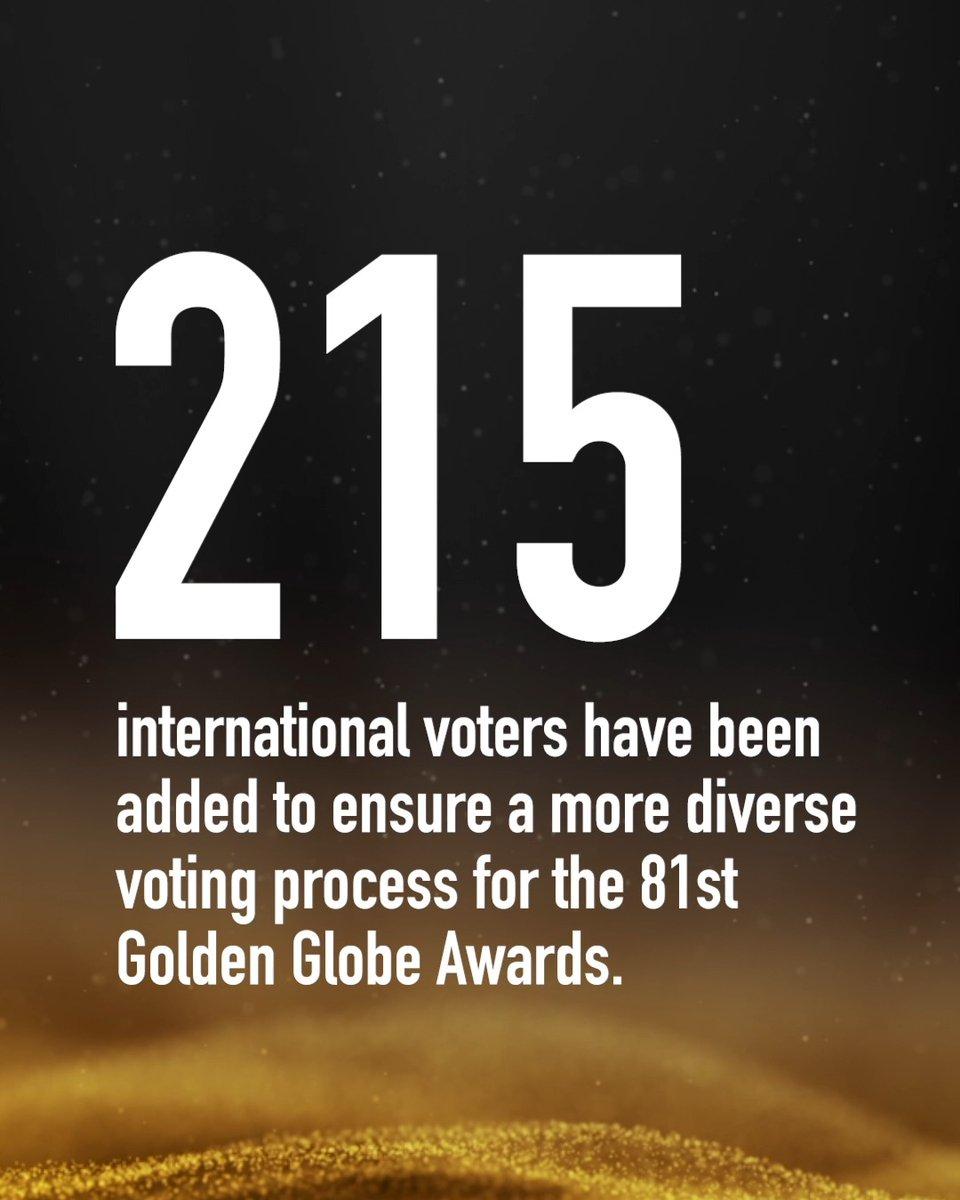The Golden Globe Awards have long been celebrated as a glamorous prelude to the Oscars, offering recognition to outstanding achievements in film and television. However, beneath the glitz and glamour lies a voting system that has come under scrutiny for its potential impact on the integrity of the awards. As audiences and industry insiders alike question the transparency and fairness of the selection process, it becomes imperative to examine whether the current voting system upholds the prestigious reputation of the Golden Globes or inadvertently undermines it. This article delves into the mechanics of the voting process, explores criticisms and defenses from various stakeholders, and evaluates the implications for the credibility of one of Hollywood’s most illustrious nights.
Examining the Structure of the Golden Globes Voting Process
The voting process of the Golden Globes, a prestigious event that celebrates excellence in film and television, has often been shrouded in mystery and controversy. At the heart of this system lies the Hollywood Foreign Press Association (HFPA), a small group of international journalists whose voting patterns and criteria remain largely opaque to the public. Critics argue that this lack of transparency may lead to potential biases, raising questions about the legitimacy of the awards. Key concerns include:
- Limited Voter Pool: With fewer than 100 members, the HFPA’s voting body is significantly smaller compared to other award organizations like the Academy of Motion Picture Arts and Sciences.
- Potential Conflicts of Interest: Members often receive exclusive access to celebrities and industry events, which may inadvertently influence their voting decisions.
- Lack of Diversity: The HFPA has faced criticism for its lack of diverse representation among its members, which can impact the inclusivity of nominated films and series.
While efforts have been made to reform the process, including increasing transparency and diversifying membership, questions about whether these changes are sufficient to safeguard the integrity of the Golden Globes remain. As the entertainment industry continues to evolve, the spotlight on the HFPA’s voting structure is likely to intensify, urging a closer examination of how these awards are determined.

Assessing Transparency and Accountability in Award Decisions
The intricate web of decision-making behind the Golden Globes has long been a topic of intrigue and scrutiny. At the heart of the controversy lies the voting system employed by the Hollywood Foreign Press Association (HFPA), which has often been criticized for its lack of transparency. The process, shrouded in secrecy, raises questions about the criteria used to evaluate potential winners and the influence of external factors. Key areas of concern include:
- The limited number of voting members, which may not accurately represent the diverse spectrum of global cinema.
- The opaque nature of deliberations, leaving stakeholders in the dark about how decisions are reached.
- Potential biases stemming from personal relationships or industry pressures.
Such factors could undermine the perceived integrity of the awards, as the absence of a clear, structured approach might lead to skepticism among audiences and industry professionals alike. The need for reform is evident, with calls for increased transparency and accountability to ensure that the awards reflect genuine artistic merit rather than the influence of a select few. Addressing these issues could enhance the credibility of the Golden Globes and reaffirm their status as a prestigious accolade in the entertainment world.
Analyzing Potential Conflicts of Interest Among Voters
The Golden Globes’ voting system has often been a topic of scrutiny, primarily due to concerns about potential conflicts of interest among its voters. Voter affiliations and their professional relationships can sometimes lead to biases that may affect the outcome of the awards. A detailed examination of the voting members reveals several areas that could potentially compromise the integrity of the process:
- Media Connections: Many voters are connected to media outlets that have financial interests in the entertainment industry, raising questions about impartiality.
- Industry Relationships: Voters who are active within the industry might have direct or indirect ties to nominees, which could influence their choices.
- Perks and Privileges: There are instances where voters receive gifts or exclusive access, potentially swaying their opinions.
These factors contribute to a landscape where the awards could be perceived as less about artistic merit and more about networking and influence. Analyzing these potential conflicts highlights the need for a more transparent and accountable voting process to ensure the credibility of the Golden Globes.

Recommendations for Enhancing Credibility and Fairness
- Diversify the Voting Body: Expanding the voting body to include a more diverse group of individuals can enhance credibility. By incorporating members from varied cultural, geographical, and professional backgrounds, the awards can reflect a broader spectrum of perspectives and tastes. This approach can help to diminish biases and foster a more inclusive representation of global cinema.
- Increase Transparency: Establishing clear guidelines and openly communicating the voting process can significantly boost the awards’ integrity. Transparency in how votes are cast, counted, and evaluated will not only build trust among industry stakeholders but also among the viewing public. Consider publishing detailed reports on voting outcomes and criteria to shed light on decision-making processes.
- Implement Checks and Balances: Introducing independent oversight committees can provide an additional layer of scrutiny to ensure fairness. These committees could oversee the nomination and voting processes to verify that all steps are conducted impartially and ethically. This could mitigate any potential conflicts of interest and reinforce the awards’ commitment to upholding high standards.
